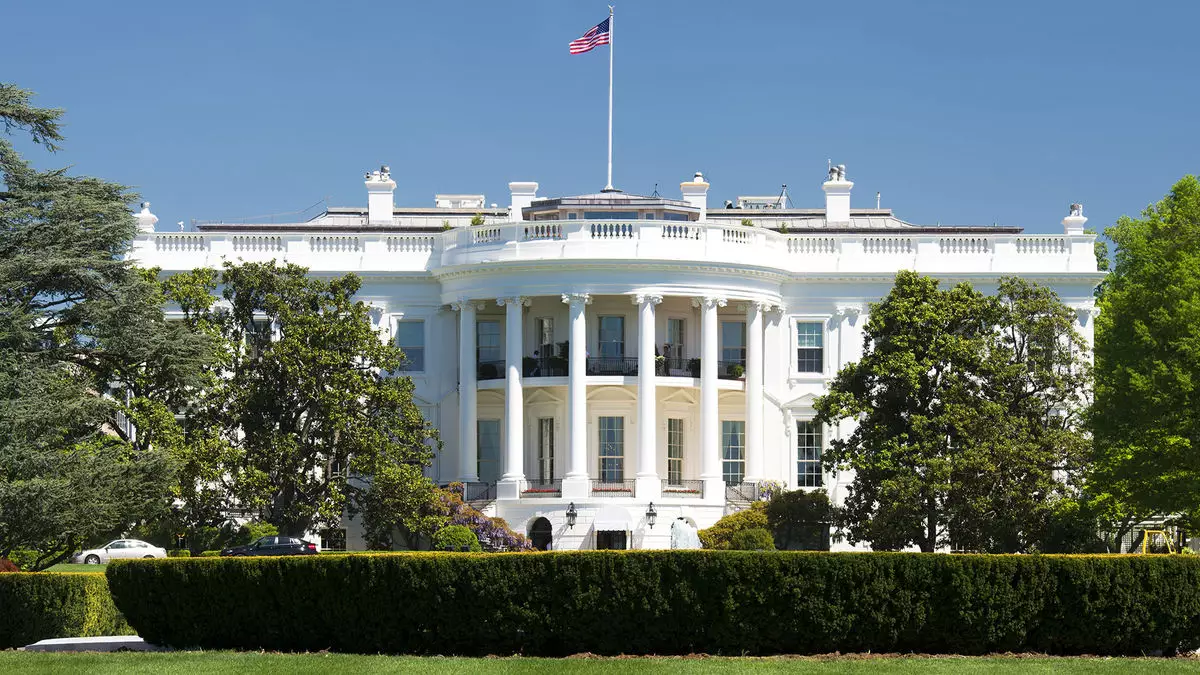The American Society of Travel Advisors (ASTA) recently communicated its priorities to the incoming Trump administration, echoing sentiments from the previous administration’s tumultuous relationship with the travel industry. The letter outlines concerns about travel restrictions, ticket refunds, the classification of independent contractors, and the implementation of federal regulations that significantly impact the sector. This article scrutinizes these priorities, reflecting on their implications for the travel industry at large.
The Uncertain Future of Travel Restrictions
With Donald Trump indicating a desire to reinstate travel bans from his previous presidency, ASTA’s apprehensions resonate deeply within the travel community. A reiteration of the travel ban, which primarily affected Muslim-majority countries, would not only sow discord but also generate profound economic implications. Prior attempts at restricting travel have already demonstrated their capacity to undermine confidence in an industry highly sensitive to external factors. ASTA’s CEO Zane Kerby succinctly stated that further restrictions would create a cloud of uncertainty that could terrify travel agencies and agents, possibly stunting recovery efforts.
Travel restrictions lead not just to fewer tourists arriving on U.S. soil, but they can change perceptions about the nation’s openness to international engagement. This clamping down could have a domino effect on the broader economy, which relies on tourism for novel revenue streams. The travel industry does not operate in isolation; it is an intricate web of interconnected services, including hotels, retail, and dining establishments, which all benefit from healthy tourist activity.
Concerns Over Airline Ticket Refunds
One significant area of concern highlighted by ASTA pertains to airline ticket refunds, especially following changes in the Department of Transportation (DOT) rules. The challenge arises mainly from the rule making travel agencies responsible for refunding customers when an airline cancels a flight or makes significant changes. Most travel agencies are not the merchants of record when selling tickets, putting them in a precarious position since they might lack the liquidity to manage refunds without adequate reimbursement from airlines themselves.
The requirement for airlines to refund travel agencies within an appropriate timeframe is crucial. ASTA proposes a two-week window for airlines to enact these refunds, which would provide a semblance of predictability in a chaotic environment. Without such stipulations, travel agencies could face operational risks that may lead to business failure, particularly if unexpected mass cancellations occur.
Moreover, the ongoing complexities of airline ticket pricing and refunds amplify the need for better regulations, as they are often labors of love that go above and beyond basic customer service. The situation is rife with discontent, and providing more clarity and support for agencies in this regard is paramount.
ASTA’s concerns regarding the classification of independent contractors (ICs) reflect broader trends in the labor market, where ambiguity can lead to detrimental consequences for workers and employers alike. With approximately 85,000 ICs operating in the U.S. travel sector, the recent changes imposed by the Department of Labor have created confusion that can disrupt operations significantly.
The push for a return to streamlined regulations from 2021 specifically sets forth a critical argument for maintaining consistency across different sectors. ASTA’s recommendation to adopt a single standard across federal agencies for determining worker status encapsulates a desire for clarity that can easily be overlooked in a convoluted regulatory landscape. Moreover, this request is vital for ensuring that travel advisers can efficiently manage their businesses without falling prey to shifting rules that undermine their operational autonomy.
Further complications arise from the Federal Trade Commission’s (FTC) rules surrounding hotel junk fees, amplifying concerns for travel advisers. By imposing penalties on agencies for misinformation they did not directly control, the FTC’s regulations could effectively deter tourism management companies from engaging with hotels altogether. ASTA’s call for a “safe-harbor mechanism” signals an essential need for protective measures that balance accountability with fair business practices.
The travel industry thrives on the synergy between advisers and hotel operators. If regulation stifles this relationship, it may hinder industry growth and consumer choice. Consumers rely on travel advisors to navigate a convoluted landscape filled with hidden fees; therefore it’s paramount that they can continue to operate without the fear of unwarranted backlash.
ASTA’s priorities for the incoming Trump administration reflect a calculated effort to safeguard the travel industry’s future. By advocating for comprehensive regulations on refunds, independent contractors, and consumer protection, ASTA urges governmental entities to listen to the concerns of those on the front lines of travel. The establishment of an advisory committee represents a critical step towards inclusivity in policy-making. For the travel industry to flourish in the years ahead, an unwavering commitment to open dialogue between regulators and industry veterans will be indispensable. The landscape of travel is ever-evolving, and only with cooperative efforts can its stakeholders navigate the challenges that lie ahead.


Napsat komentář